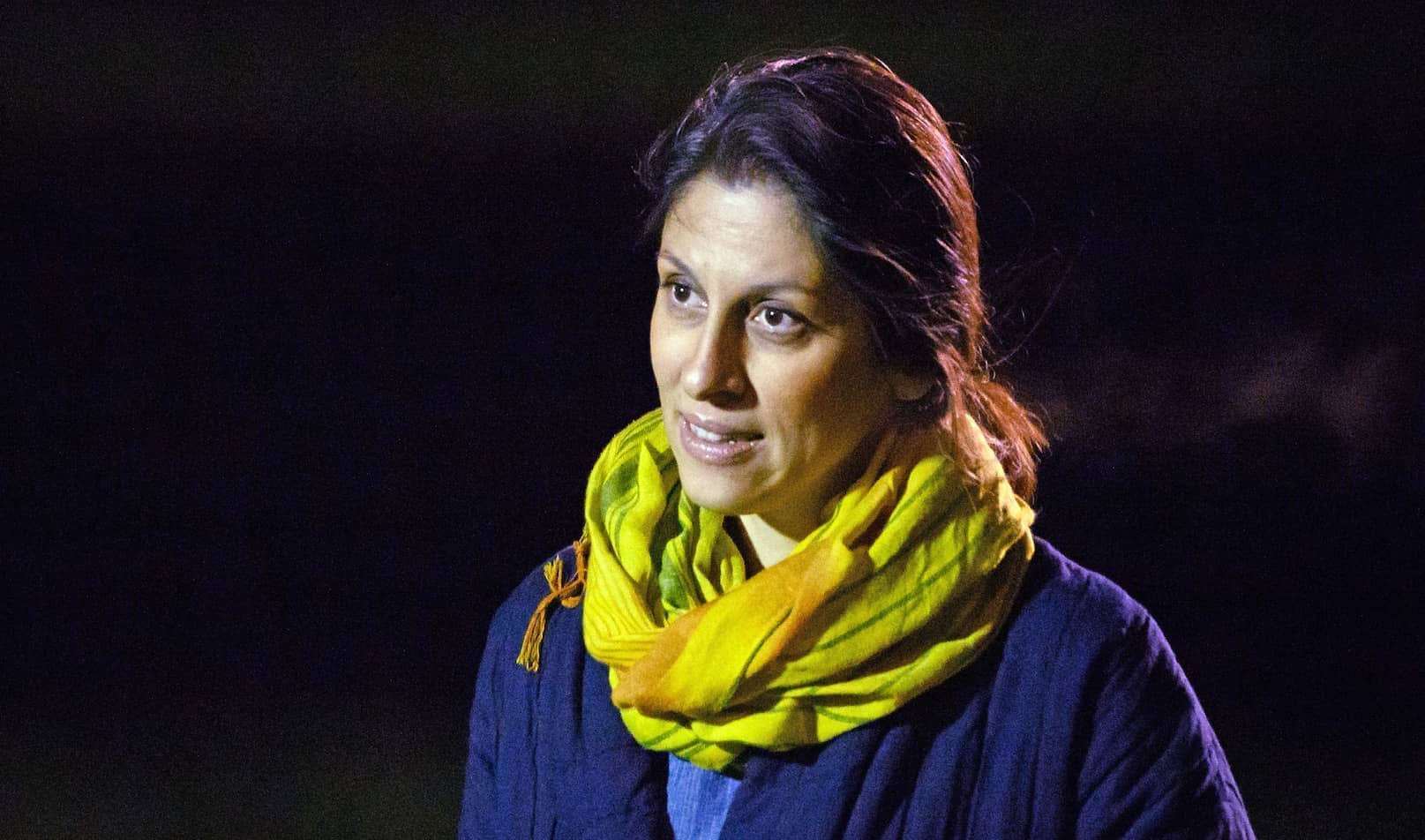Nazanin Zaghari-Ratcliffe’s release, alongside fellow prisoner Anoosheh Ashoori, has attracted enormous amounts of praise and joy at a time when the news has felt like a relentless stream of misery. How could you feel anything other than joy at the release of a young mother after six years away from her child? These freed Britons have endured an unimaginable plight, suffering horrific conditions in one of the world’s most notorious dictatorships.
But when these outpourings of relief and jubilation pass, a serious reckoning over how the Foreign Office secured their release must take place. The British government has paid £400 million to a horrific regime with at best a questionable claim to the cash (although the government is bizarrely insisting that the payment has nothing to do with the two prisoners’ release). The Iranian demand was based on a contract between the MoD and the last Shah, who put down an order for 1,500 Chieftan tanks before being ousted in the Islamist revolution of 1979. Britain’s main battle tank has evolved twice since the deal, but the murderous mullahs claim to have inherited the order.
Even ignoring the particular evils of this regime, the deal Truss struck with Tehran for Zaghari-Ratcliffe’s release is still a grave strategic error
Those blindly celebrating the release of Zaghari-Ratcliffe should perhaps listen to families of other victims of Iranian revolutionaries. Ebrahim Raisi, who was elected president of Iran last August, reportedly served on a so-called ‘death commission’ that sentenced thousands of political opponents to a cruel fate on baseless charges. Deadly state crackdowns have been rife under his rule – now his government will enjoy a slurry of British cash.
So where will Iran’s fresh
funds be directed? The possibilities are broad. Perhaps the Islamic Revolutionary Guard Corps will enjoy a refresh of their coffers. Just this week, the IRGC claimed responsibility for a rocket attack in northern Iraq. In 2020, missiles from an Iran-backed
militia struck the same region, killing a British soldier. There is a possibility that they will now enjoy a fresh stock of armaments with cash signed over by Foreign Secretary Liz Truss.
Reports suggest that in the dozens of British and Iranian meetings, a pact has been made to ensure that the money will only be spent on humanitarian causes. No word has been given on how this will be ensured or what price Tehran will pay if it breaks from this agreement. But it is unlikely to face much of a backlash if the money goes towards more nefarious projects. This is a regime that has acted with extreme aggression without even the slightest risk of western retaliation. The drone bombing of a container ship in the Strait of Hormuz last August, which left a British national dead, was met with little more than verbal condemnation.
But even ignoring the particular evils of this regime, the deal Truss struck with Tehran for Zaghari-Ratcliffe’s release is still a grave strategic error. By writing the hefty cheque in exchange for hostages, the government has demonstrated that it is willing to not only negotiate with terrorists but cede to their demands. What will they do when another despotic regime decides to baselessly accuse a Briton of espionage? Will the Foreign Secretary use all the levers of government to ensure their safe return, or will they simply trot down to the Treasury and ask them to make all the problems go away?
There is an alternative method. In 1979, when the Shah was deposed, Britain signed up to the UN’s Hostages Convention. The treaty committed the UK and 38 other signatories to punish hostage-taking, to prosecute a hostage-taker even if no other state requests extradition for the same crime. Clearly this does not go far enough, and Britain should seek an addition to the treaty that acknowledges state-level hostage-taking and sets out clear punishments for governments that seek to go down this path.
Iran is hoping to drum up western support for a revival for its nuclear deal, trashed by former US President Donald Trump. Perhaps, as part of our side of the bargain, we might ask Tehran to stop arbitrarily detaining our citizens for years on false charges?
Liz Truss is lapping up the plaudits for securing the release of two Britons. But can she reassure the public that further state hostage-taking will not take place? Or can she promise that Tehran will not use British taxpayers’ money to fund its campaign of terror? It’s unlikely that she will be able to do either. The Foreign Secretary has given in to Iranian demands with little to show for it. This is not a success story of British diplomacy, it is an embarrassing capitulation.







Comments